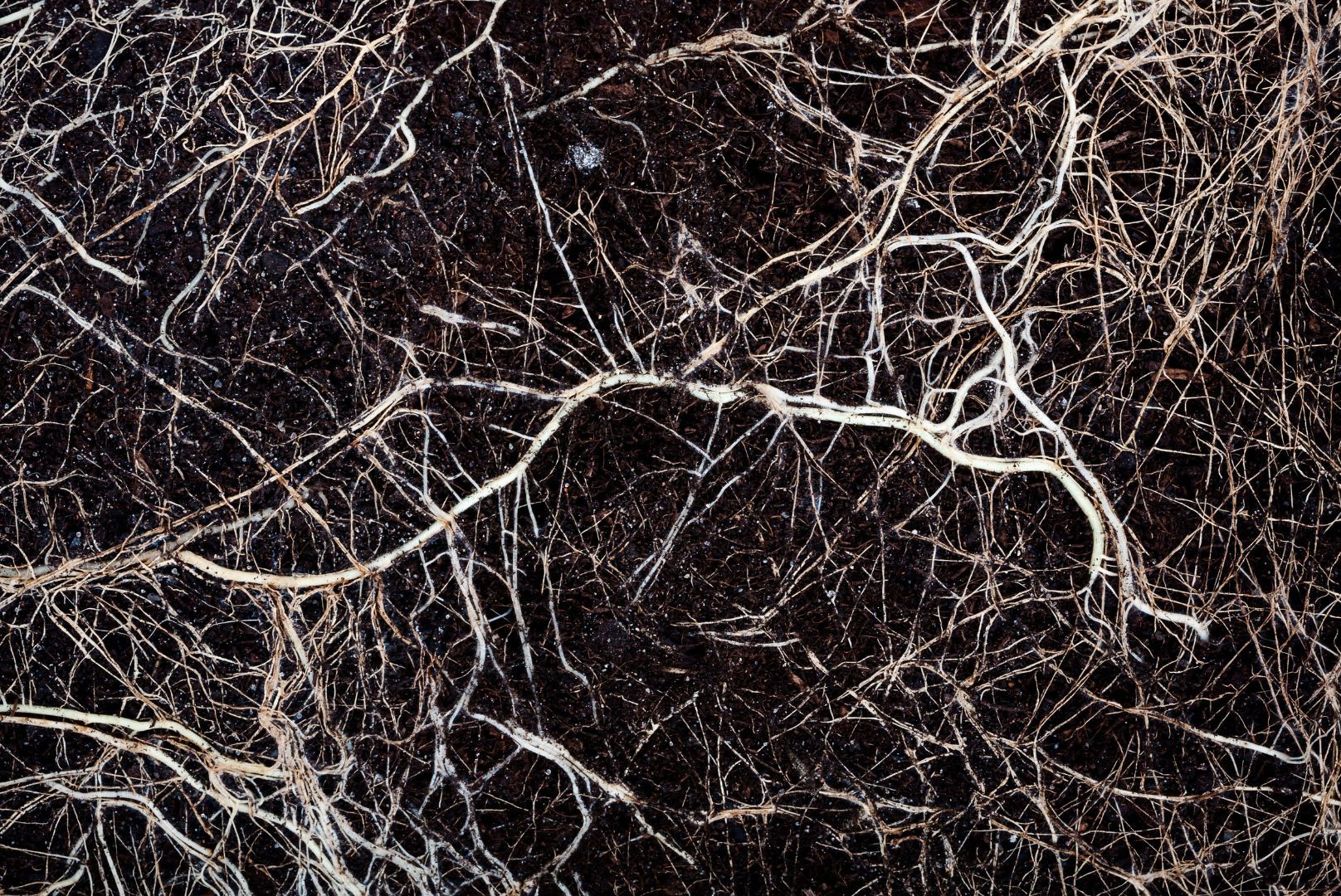
OUR WILLOW COMPOST
- Organic, peat free, vegan, weed free and produced in Denmark.
100% ORGANIC
Our organic willow compost is a natural product consisting of organic wood chips from danish willow trees and an organic mixture of grass and other nutritious herbs which microorganisms and fungi have broken down naturally.
The willow compost has numerous exceptional properties as a growth medium - e.g., water retention capacity and a high level of humus which contributes to the growth of more robust and resistant plants and vegetables.
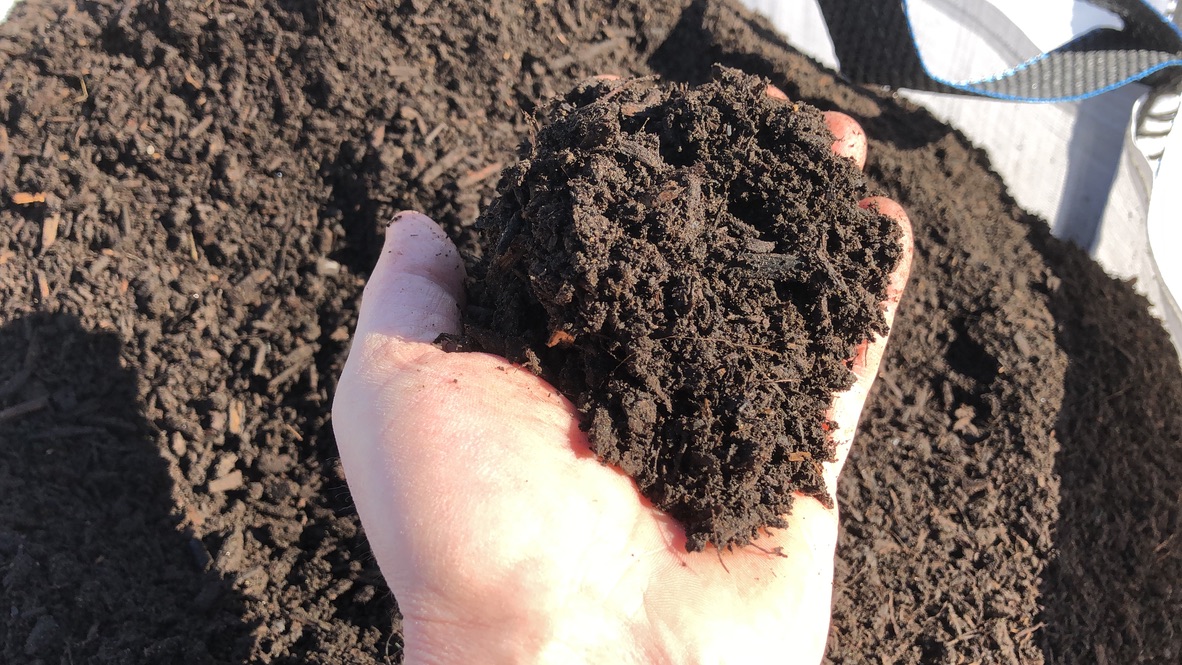
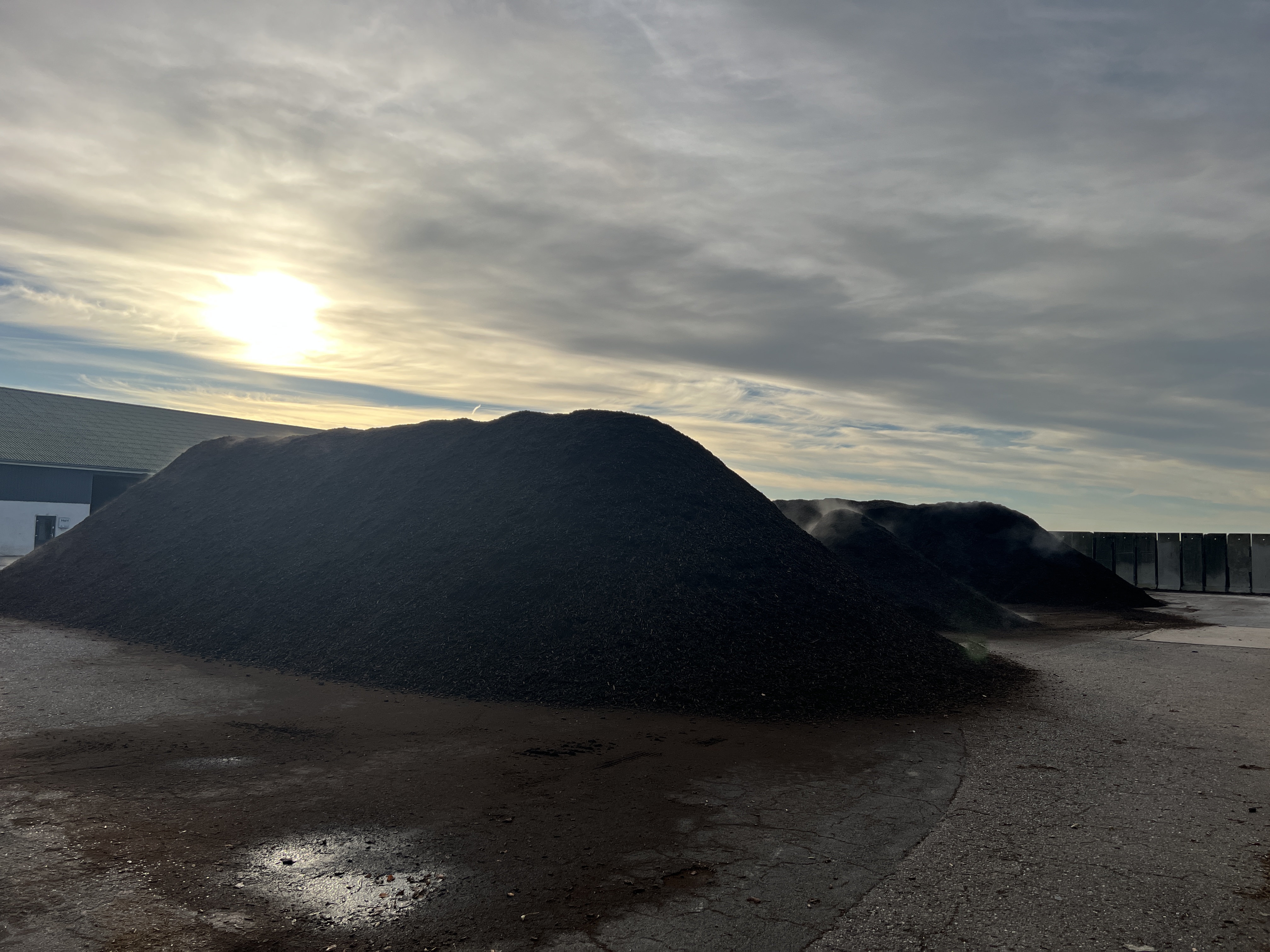
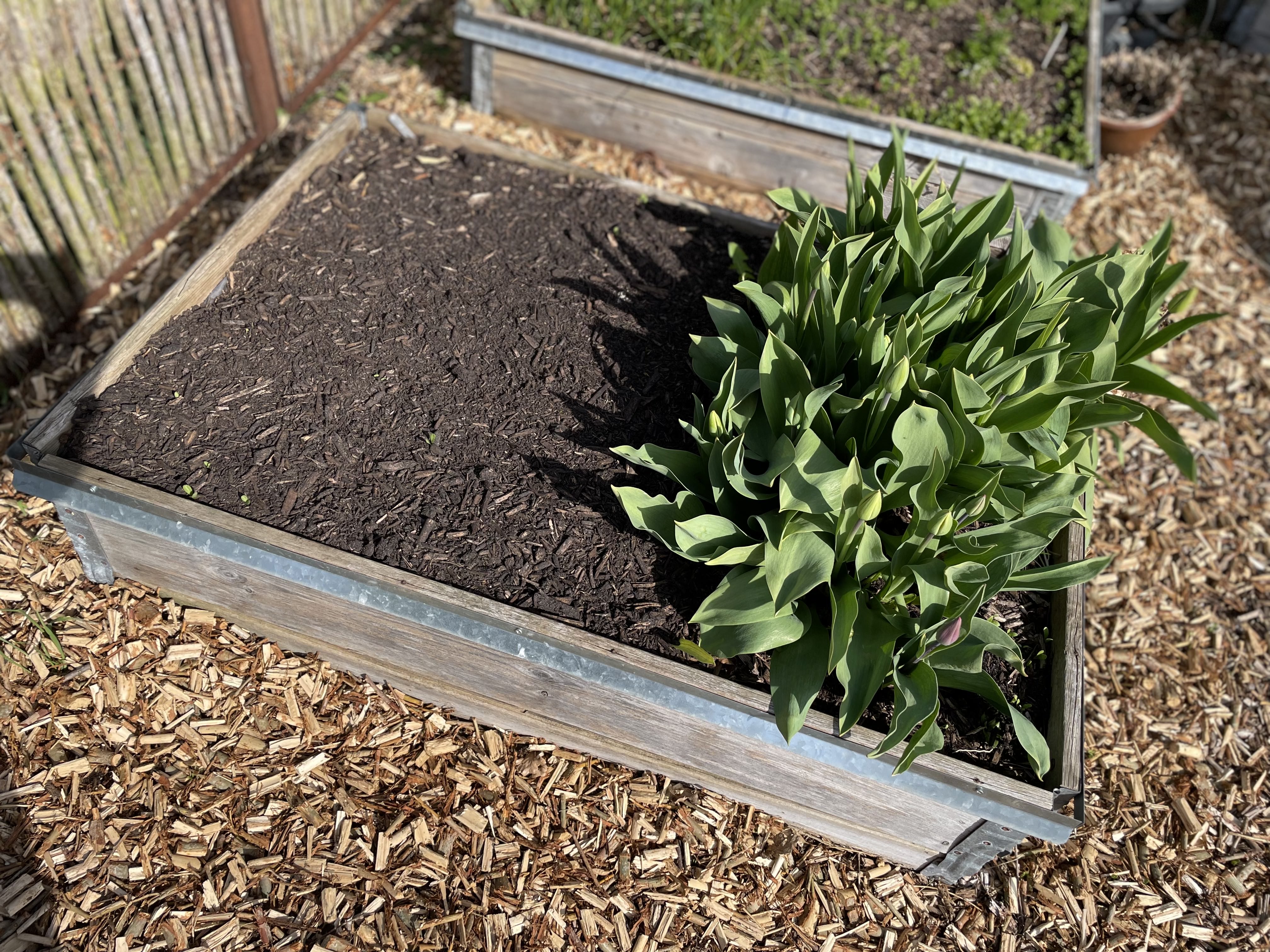

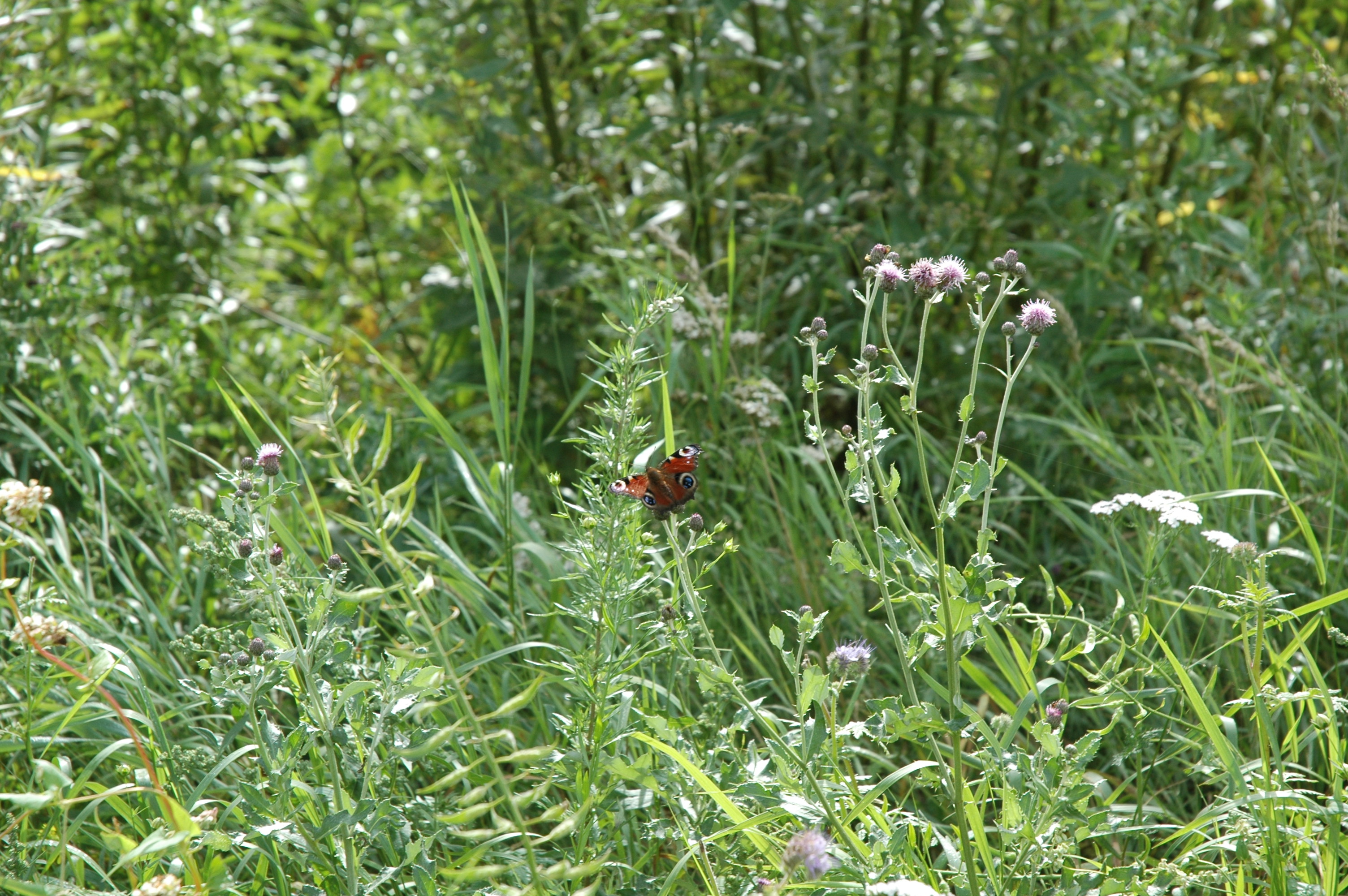
PEAT FREE - WHY?
Why You should consider
using peat free alternatives
for your plants
Peat is a popular ingredient in many growth medias but its environmental costs can be significant. Here we will try to explain why it is a good idea to choose peat free alternatives such as our willow compost, which has been created with the environment and the climate in mind.
 |
CO2 emissions from peatOne of the most alarming consequences of using peat is its carbon footprint. Peat is typically extracted from wetlands where it has been stored for thousands of years. Here it lies under water without the supply of oxygen, which means that it does not break down and thus stores CO2 instead of releasing it. When the wetlands are drained in order to extract peat, the decomposition process begins, and the large amount of CO2 that was previously stored is now released into the atmosphere. Likewise, the drying of peat also contributes to the emission of greenhouse gases. Methane (CH4), which is also a strong greenhouse gas, is also released during the process. This contributes negatively to climate change and increases emissions of greenhouse gases globally.
|
 |
Nature protectionThe wetlands where the sphagnum is obtained are also a valuable and endangered nature type with a rich biodiversity, including rare plant and animal species. Peat builds up over many thousands of years, but is extracted and consumed much faster than that. Therefore, this unique nature type will eventually be lost if we continue to consume peat in the quantity and speed that we see now and extraction is allowed to continue. This leads to irreparable damage to ecosystems and the loss of many natural habitats for rare plants and animals. As a result, many rof these areas across the world have now become protected nature types in order to preserve them. |
 |
Advantages of peat free alternativesChoosing peat free alternatives such as willow compost is not only a way to protect the environment and habitats; it can also have benefits for your garden and plants. Willow compost and similar products can improve soil structure, retain moisture and help give you healthier and more robust plants. This means you can potentially reduce the need for watering and fertilising, making your garden more maintainable and sustainable. |
|
|
Conclusion
Choosing peat free alternatives for the garden and plants has decisive advantages for the environment, threatened habitat types and not least your garden. By avoiding peat you reduce CO2 emissions, help preserve important natural areas and at the same time you can enjoy a healthier and more sustainable plant life.
PEAT FREE
We take care of nature and therefore dont use peat in the production of our willow compost.
Peat is widely used in horticulture and similar industries because it helps the soil retain water and nutrients. But using peat has many negative consequences for the environment. It has therefore been regulated in many countries to protect nature and the climate.
VEGAN & WEED FREE
The willow compost is based on 100 % plant material.
During the composting process the material reach a natural temperature of 65 degrees Celsius which kills unwanted weed seeds and sprouts.

MADE IN DENMARK
The willow compost is produced on the Ny Vraa farm located in North Jutland ind Denmark. The 'Bach' family has farmed here for three generations. In 1989, the first willow was planted on the grounds and in 2012 the production was certified organic.



